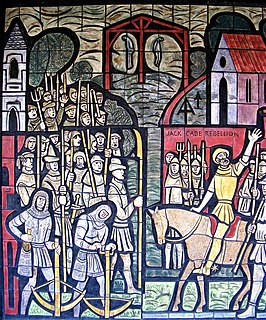A Quote by Khalil Gibran
You cannot lay remorse upon the innocent nor lift it from the heart of the guilty. Unbidden shall it call in the night, that men may wake and gaze upon themselves.
Related Quotes
May we feel after Thee; still calling out in the darkness, as children waking in the night call "Father," so may we call out for God; and, at times, even if we do not hear Thy voice, may there be the form of a hand resting upon us, and that shall be enough; for we shall take hold of it, though it be in the dark, and it shall guide us to the growing light; for the day shall come, and the release and triumph.
When one acts on pity against justice, it is the good whom one punishes for the sake of the evil; when one saves the guilty from suffering, it is the innocent whom one forces to suffer. There is no escape from justice, nothing can be unearned and unpaid for in the universe, neither in matter nor in spirit—and if the guilty do not pay, then the innocent have to pay it.
To cut short this question of the law of retaliation, we must note that even in its primitive form it can operate only between two individuals of whom one is absolutely innocent and the other absolutely guilty. The victim, to be sure, is innocent. But can the society that is supposed to represent the victim lay claim to innocence?
To cut short the question of the law of retaliation, we must note that even in its primitive form it can operate only between two individuals of whom one is absolutely innocent, and the other absolutely guilty. The victim, to be sure, is innocent. But can the society that is supposed to represent the victim lay claim to innocence?
Stop this day and night with me and you shall possess the origin of all poems, You shall possess the good of the earth and sun.... there are millions of suns left, You shall no longer take things at second or third hand.... nor look through the eyes of the dead.... nor feed on the spectres in books, You shall not look through my eyes either, nor take things from me, You shall listen to all sides and filter them from yourself.
When the whole is at stake, there is no crime except that of rejecting the whole, or not defending it. ... Those who identify themselves with the whole, who are installed as the leaders and defenders of the whole can make mistakes, but they cannot do wrong - they are not guilty. They may become guilty again when this identification no longer holds, when they are gone.



































